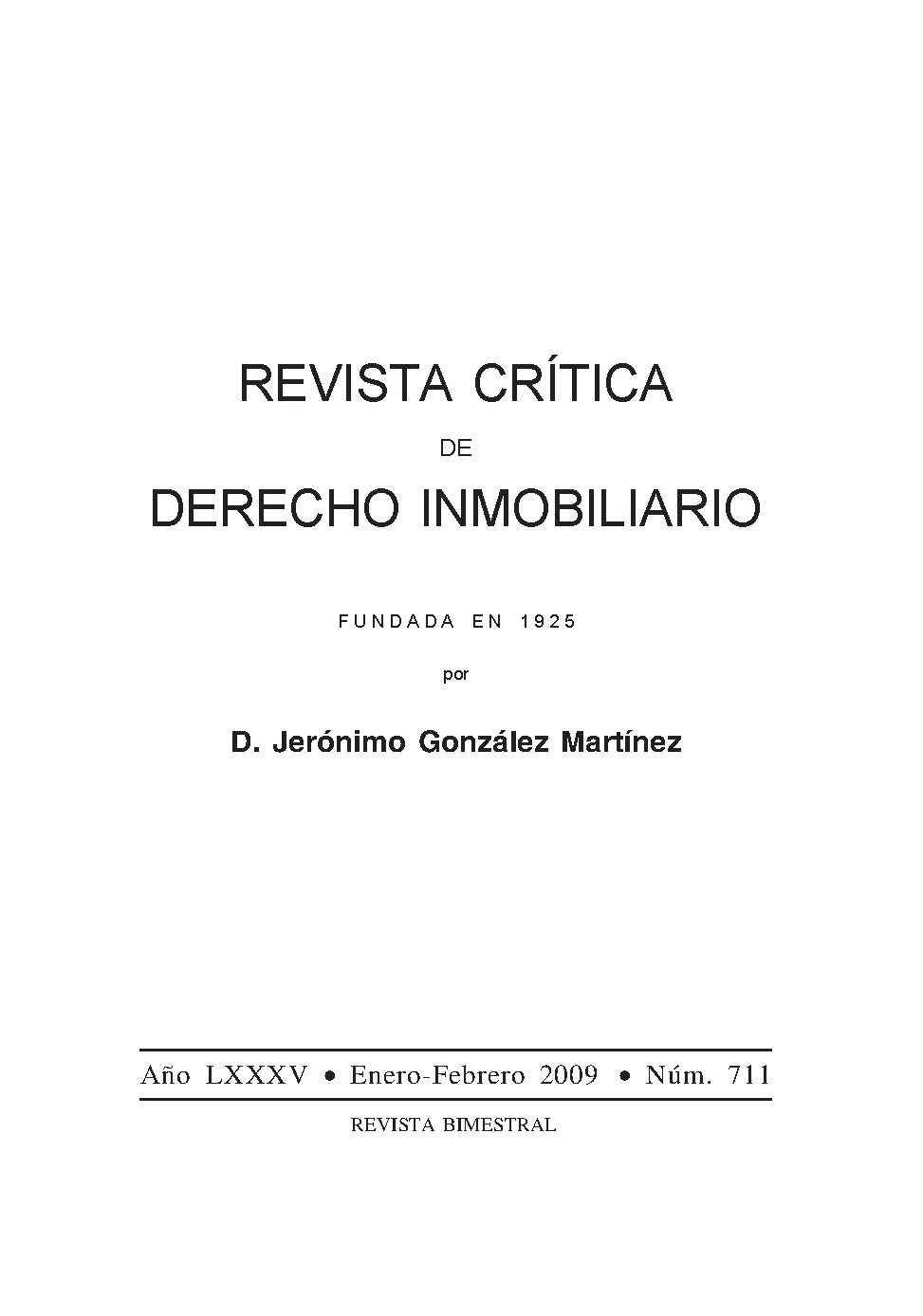ESTADO DE NECESIDAD Y CONSENTIMIENTO CONTRACTUAL. ¿UNA REINTERPRETACIÓN DE LOS CONCEPTOS DE VIOLENCIA E INTIMIDACIÓN COMO VICIOS DEL CONSENTIMIENTO A LA LUZ DEL DERECHO CONTRACTUAL EUROPEO Y COMPARADO?
Keywords:
CONTRACTS DEFECT OF CONSENTAbstract
The response of European law and comparative law to the need to find a mechanism to protect a party who, due to a situation of need, has entered into a contract under clearly unfavourable conditions has been to permit such a contract to be annulled if the situation of need has given rise to a lack of proportion in considerations that is to the detriment of the weaker party. So stress the proposals seeking to harmonise contractual law (inter alia, the Unidroit Principles, the Principles of European Contract Law and the Common Frame of Reference), numerous nations' legislations in the tradition of both civil law and common law, and recent proposals to reform the law on obligations in legislations similar to ours (in France, with the Avant Projet de Reforme du Droit des Obligations). The Spanish Civil Code does not envisage any specific remedies permitting the annulment of contracts made in a state of need. Rescission due to injury is not admissible, and pursuant to article 1267 of the Civil Code, resorting to violence and intimidation will only permit the annulment of a contract made in a such situation of need as to constitute an «irresistible force». In response, a reformulation of the concept of «intimidation» could be proposed, for the sake of harmonisation with modern European contract law, in order to broaden the scope of the term to include any threat against contractual freedom, regardless of the threat's origin.









